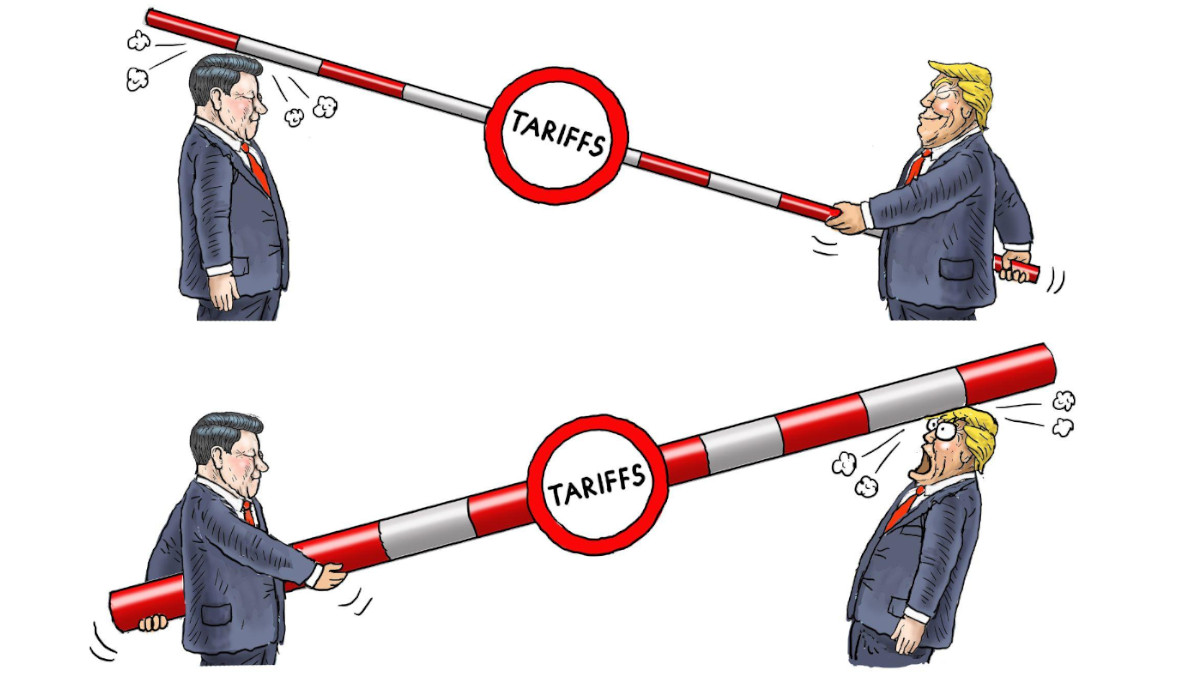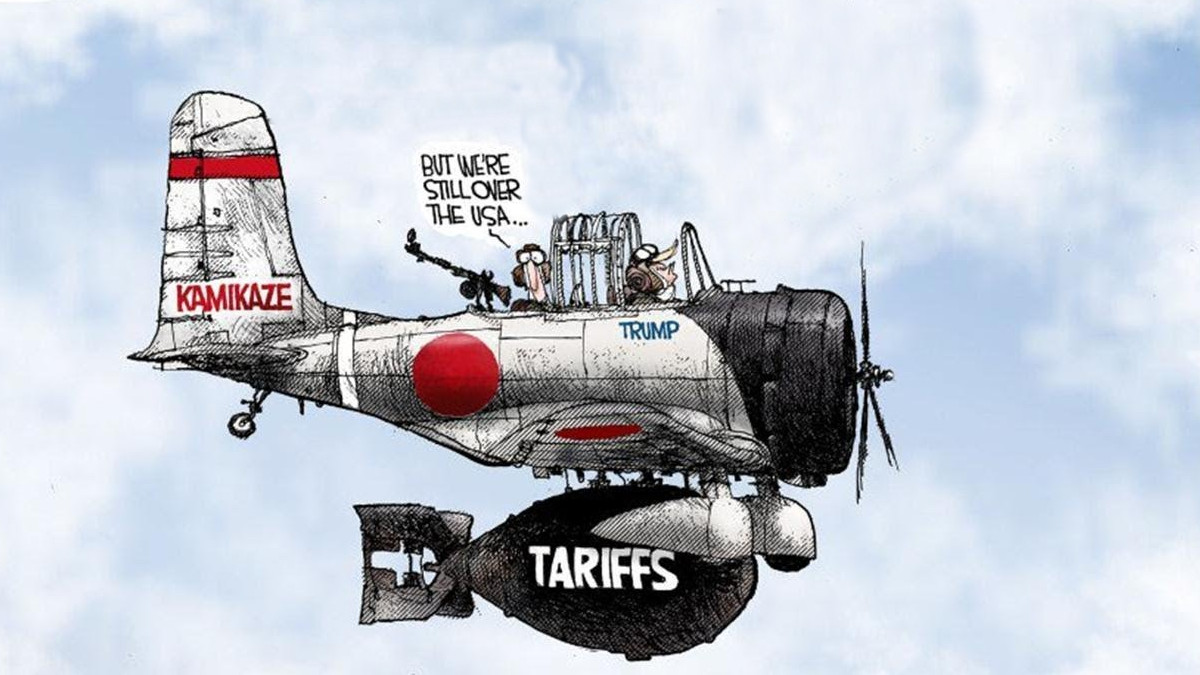- Analyses
- Actualités du trading
- 737 Max Ruling: Impact on Boeing Stock
737 Max Ruling: Impact on Boeing Stock

Boeing just hit another major snag in its efforts to move past the 737 Max jetliner disaster. A federal judge has rejected a plea deal that would’ve let the company admit to misleading regulators, pay a fine, and avoid a trial. This decision is a big deal—not just for Boeing, but for how corporations handle accountability after serious misconduct.
What Happened?
Judge Reed O’Connor wasn’t convinced by a plea agreement Boeing struck with the Justice Department. The deal, announced earlier this year, would’ve had Boeing plead guilty to felony conspiracy and submit to oversight by an independent monitor for three years. But the judge wasn’t happy with a specific clause requiring the monitor’s selection to align with diversity, equity, and inclusion (DEI) policies.
O’Connor argued that race-based considerations could undermine public trust in the process, saying, “In a case of this magnitude, the monitor selection should be based solely on competency.” He also pointed out that DEI had no place in ensuring Boeing complied with anti-fraud laws, adding another layer of scrutiny to the already controversial case.
What Does This Mean for Boeing?
For now, the ruling puts everything on pause. Boeing and the Justice Department have 30 days to figure out their next move—renegotiate the deal or head to trial. Either option means more time under the legal microscope for Boeing, which has already been battling financial losses and production disruptions.
The company’s troubles go beyond the courtroom. Boeing has lost over $23 billion since 2019, fallen behind Airbus in sales and deliveries, and recently announced layoffs affecting 17,000 workers. With so much at stake, the last thing Boeing needs is more uncertainty hanging over its head.
Families of Crash Victims Speak Out
For the families of the 346 people killed in two 737 Max crashes in 2018 and 2019, the judge’s decision feels like a win. Many have spent years pushing for a public trial, harsher penalties, and accountability for Boeing’s role in the tragedies.
Paul Cassell, an attorney for some of the families, didn’t hold back in celebrating the ruling. “No longer can federal prosecutors and high-powered defense attorneys craft backroom deals and just expect judges to approve them,” he said.
It’s clear the families want more than fines—they want real accountability and assurances that something like this will never happen again.
Why the DEI Angle Matters
The part about DEI policies in the plea deal has sparked some debate. Judge O’Connor made it clear he didn’t think race or diversity should play any role in picking the compliance monitor, especially in a case of this scale. Legal experts are taking notice since it’s rare for corporate plea deals to be rejected on these grounds.
While diversity initiatives are common in corporate governance, applying them here raises questions about balancing inclusion with the need for justice and competence.
What’s Next For Traders?
For traders, Boeing's ongoing legal battles mean heightened uncertainty — and potential opportunity.
What does this mean?
- Stock Volatility
Boeing’s stock is already under pressure from production setbacks, layoffs, and intense competition with Airbus.
Traders should wait for potential swings, especially as the 30-day deadline for the Justice Department and Boeing approaches. Any news about a trial or a renegotiated deal could trigger significant market reactions.
- Impact on Investor Confidence
The rejection of the plea deal raises questions about Boeing’s leadership and governance. Investors may hesitate to commit to the stock until there’s clarity on the legal front and evidence of stronger compliance measures.
For long-term investors, this could mean a chance to enter at lower price levels if the stock dips further.
- Sector Ripple Effects
Boeing’s troubles could influence the broader aerospace sector, particularly suppliers and competitors.
For example, Airbus might gain an edge in market sentiment as Boeing navigates these challenges.
Traders might consider monitoring related stocks like Spirit AeroSystems or General Electric, which are tied to Boeing’s production.
- Opportunities in Options Trading
For short-term traders, options could be a way to capitalize on Boeing’s stock volatility. Straddle or strangle strategies might work well in this uncertain environment, as both positive and negative news could lead to sharp price movements.
Bottom Line on PepsiCo
PepsiCo’s stock may be struggling, but its strong earnings, global reach, and diversified portfolio make it worth monitoring. For traders, the key question is whether PepsiCo can regain momentum to match its solid fundamentals. The bearish technical signals and underperformance compared to Coca-Cola are short-term concerns, but improving sentiment around its future growth could provide an entry opportunity. Keep an eye on its ability to stabilize and whether it can break out of its current downtrend.







